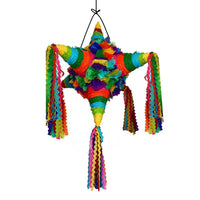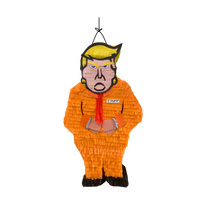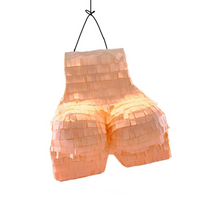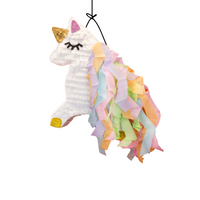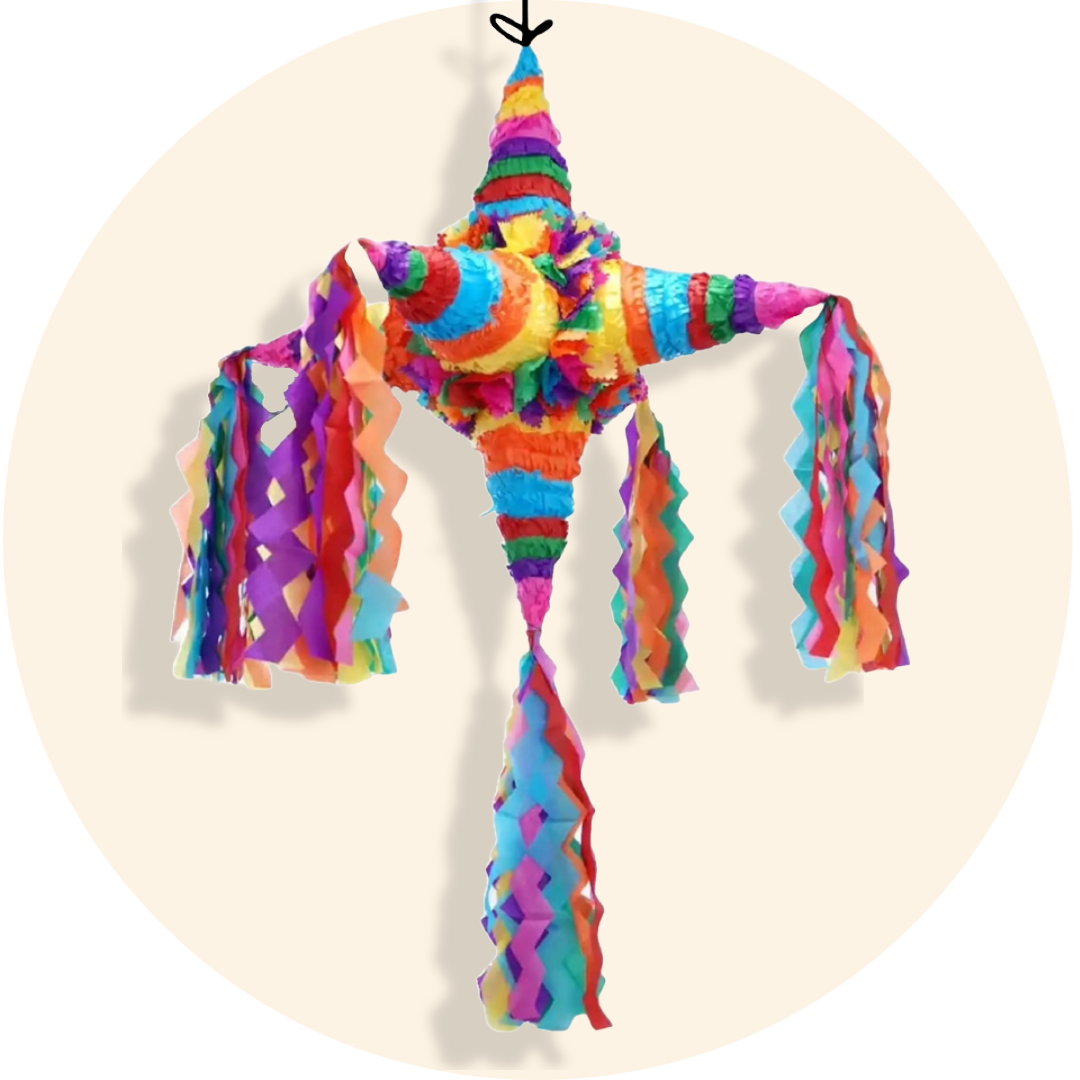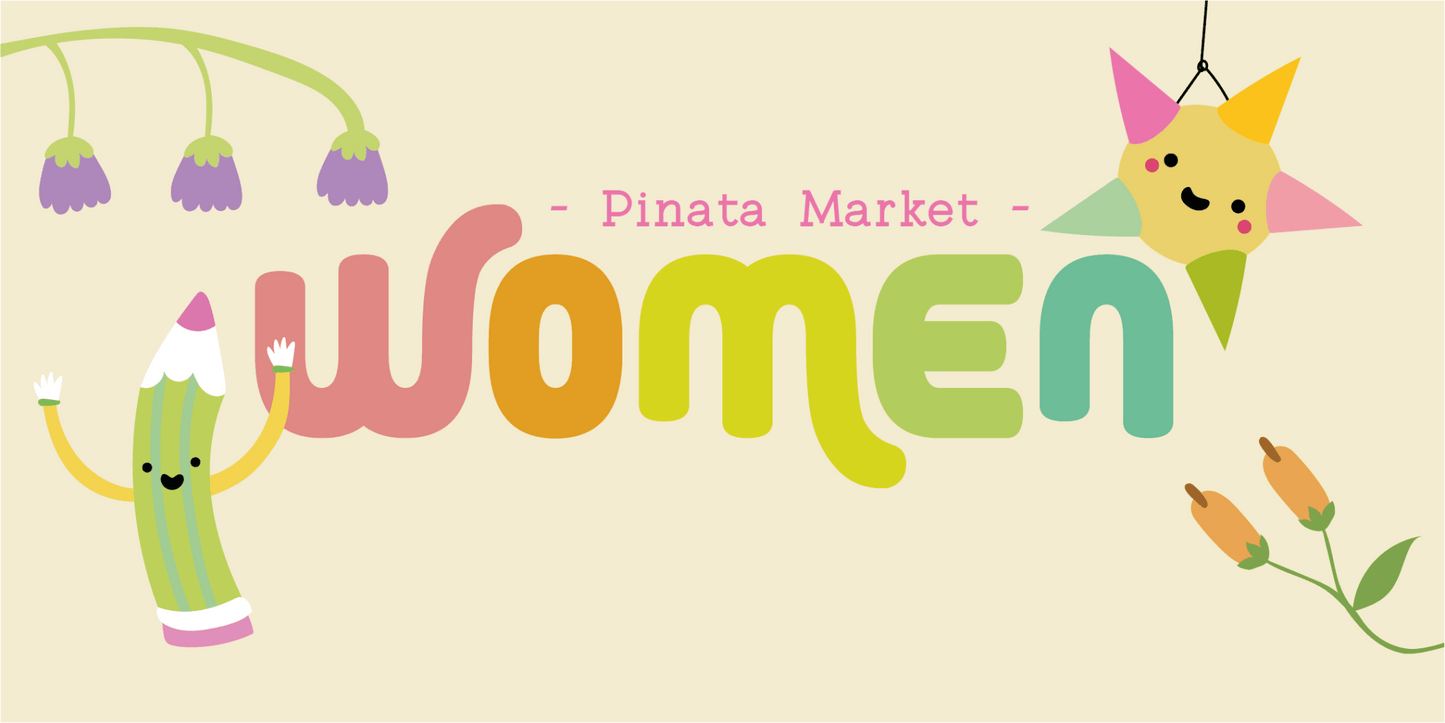
The piñata market is a sector of the party industry that has been led by women for much of its history. From ancient China, where piñatas are believed to have originated, to modern-day Mexico and the United States, women have been at the forefront of the piñata-making tradition.
In Mexico, piñata making has been a tradition passed down from generation to generation, with women playing a crucial role in its preservation and evolution. Women are responsible for designing, creating, and decorating piñatas for various celebrations, from birthdays and weddings to religious holidays like Christmas and Dia de los Muertos.
In the United States, the piñata market has also been driven by women entrepreneurs who have used their creativity and passion to create thriving businesses. These women have been able to tap into the growing demand for unique and personalized piñatas, offering a wide range of designs and styles to fit any occasion.
What's interesting is that the tradition of piñata making has always been closely tied to female empowerment. In ancient China, piñatas were used to teach martial arts to women, who were not allowed to participate in combat training. In Mexico, piñatas have been used as a symbol of resistance against oppression, with women leading the charge in challenging social norms and expectations.
Today, the piñata market remains a vibrant and exciting industry, with women at the forefront of its innovation and creativity. From the traditional papier-mâché piñatas to modern designs that incorporate technology and sustainability, women continue to push the boundaries of what is possible with piñata making.
As we celebrate International Women's Day and Women's History Month, let us not forget the important contributions that women have made to the piñata market and the party industry as a whole. Their creativity, resilience, and entrepreneurship have helped shape the industry into what it is today, and we can all learn from their example of female empowerment and leadership.
